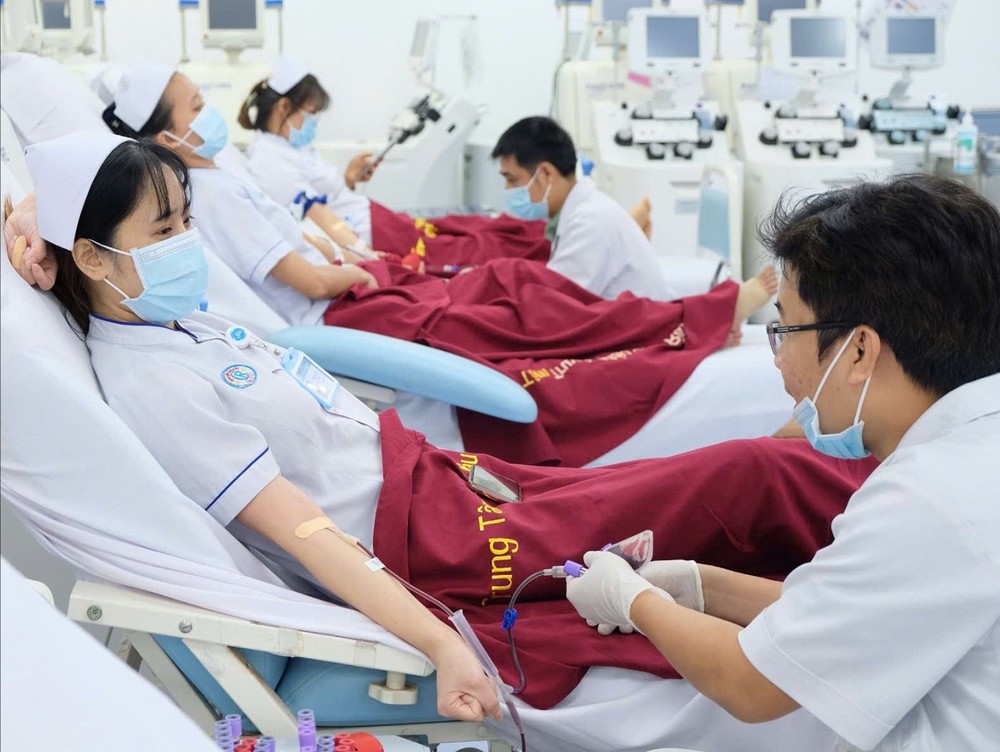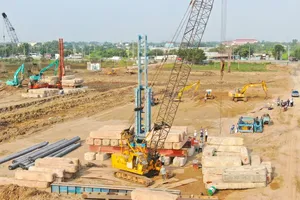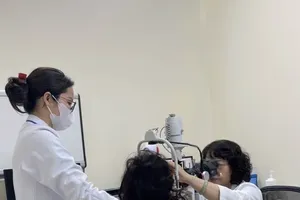
In recent days, the Can Tho City Department of Health has called on the public to donate blood, as the supply at Can Tho Hematology and Blood Transfusion Hospital is only about 50 perent of what's needed. This situation has placed hospitals throughout the Mekong Delta at risk of a severe blood shortage.
In Ho Chi Minh City, the Humanitarian Blood Donation Center and the Hematology and Blood Transfusion Hospital have also issued urgent calls for blood donors to ensure timely support for the city and the southwestern provinces. Dr. Tran Thanh Tung, Director of the Blood Transfusion Center at Cho Ray Hospital, reported that blood donations have declined by about 40 percent over the past two weeks.
Dr. Tung attributed the decline to the summer season, when many people travel or students return home, leading to fewer donations. Meanwhile, the demand for blood in both treatment and emergency care remains high. Additionally, administrative changes from July 1 such as the merging of localities have disrupted blood donation activities in affected areas.
Local health authorities have agreed to maintain Cho Ray Hospital's Blood Transfusion Center's current blood donation coverage until the end of 2025. The decision, made following the merger of Binh Duong, Ba Ria–Vung Tau, and Ho Chi Minh City, aims to ensure smooth healthcare operations. Previously, the center collected donations from five provinces such as Dong Nai, Binh Phuoc, Ba Ria–Vung Tau, Binh Duong, and Tay Ninh.
Changes to blood collection zones are set to roll out in 2026. Despite a recent dip in donor numbers, Dr. Tung confirmed that Cho Ray Hospital continues to maintain a stable blood inventory of around 4,000 units—enough to meet the needs of hospitals across the Southeast region.
To combat the shortage, several organizations in Ho Chi Minh City have ramped up efforts to encourage voluntary blood donations. On July 9, Gia Dinh General Hospital teamed up with the Hematology and Blood Transfusion Hospital for a community blood drive, gathering 125 units from over 150 donors.
Among them was 24-year-old Nguyen Thi Thanh Nga, who described blood donation as a simple yet powerful way to make a difference—a civic responsibility, especially for younger generations. Dr. Le Hoang Quan, Deputy Director of Gia Dinh General Hospital, echoed this sentiment, stressing that blood donation is not only life-saving but also essential for the sustainability of healthcare services at a time when many hospitals are facing potential shortages.
























